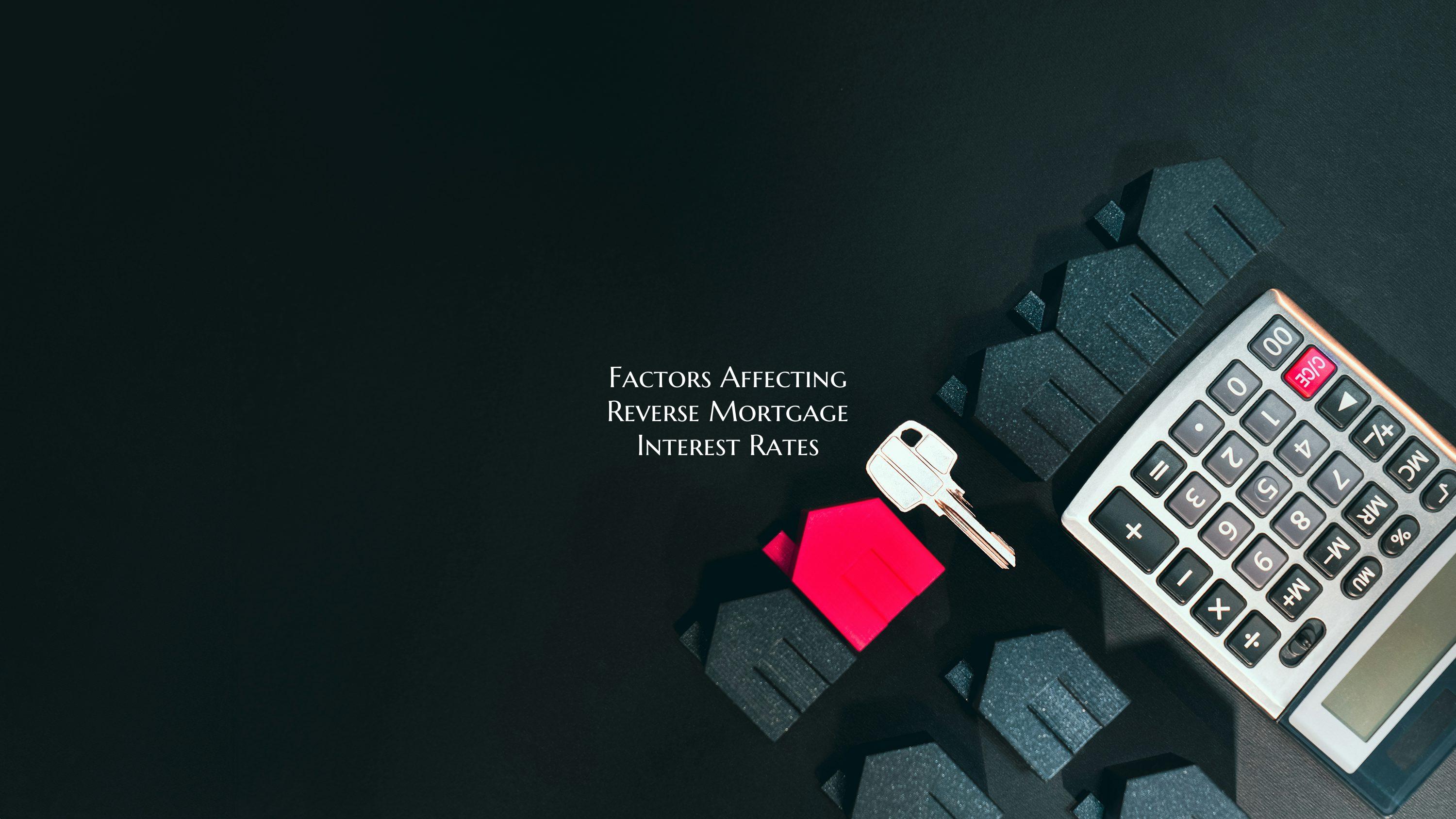Factors Affecting Reverse Mortgage Interest Rates

Reverse mortgages provide older homeowners with an opportunity to convert a portion of their home equity into cash, particularly in retirement. When considering a reverse mortgage, one vital aspect to understand is the interest rate associated with the loan. Several factors influence reverse mortgage interest rates, impacting the terms and overall cost of the loan.
1. Economic Conditions: Like traditional mortgage rates, reverse mortgage interest rates are influenced by broader economic conditions. Factors such as inflation, monetary policy, and overall interest rate environment set by the Federal Reserve can impact the rates offered to borrowers.
2. Lender's Margins: Lenders offering reverse mortgages also consider their profit margins when determining interest rates. These margins can vary between lenders, impacting the interest rate offered to borrowers.
3. Borrower's Age: Reverse mortgage interest rates are often tied to the age of the borrower. Younger borrowers may receive higher interest rates compared to older borrowers due to the increased longevity risk associated with the loan.
4. Loan Type: The type of reverse mortgage chosen can also affect the interest rate. For example, adjustable-rate reverse mortgages tend to have lower initial interest rates compared to fixed-rate options but may be subject to fluctuations over time.
5. Loan Amount: The amount of funds borrowed can impact the interest rate. Generally, borrowers who access a larger portion of their home equity may be subject to higher interest rates compared to those who borrow a smaller amount.
6. Home Value: The value of the home serves as collateral for the reverse mortgage. Higher home values may result in more favorable interest rates, as lenders perceive lower risk when lending against valuable properties.
7. Market Competition: Competition among lenders offering reverse mortgages can influence interest rates. Borrowers are encouraged to shop around and compare offers from different lenders to secure the most competitive rate.
Understanding these factors can help borrowers make informed decisions when considering a reverse mortgage. It's essential to evaluate the terms and conditions of the loan carefully, including the interest rate, to ensure it aligns with your financial goals and circumstances. Consulting with a financial advisor or reverse mortgage counselor can also provide valuable insights into navigating the complexities of reverse mortgage interest rates.
